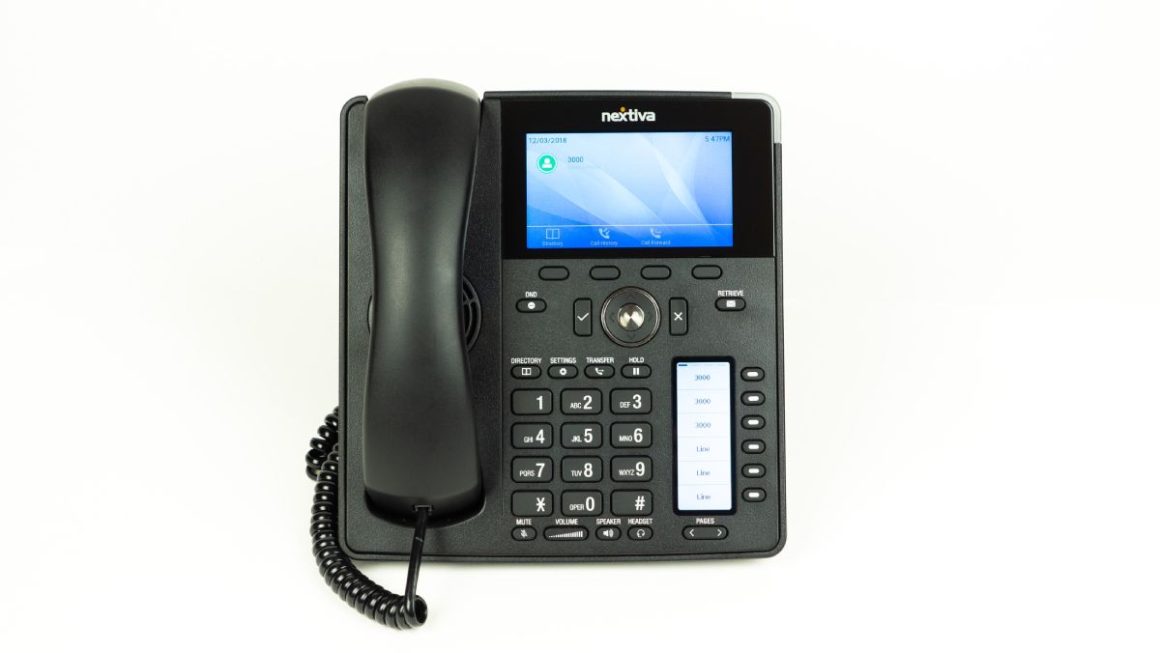Digitization is increasingly changing our working world and the way we communicate with each other. When companies only used the telephone and fax for communication, they were long gone. But what will business communication look like in the future?
Table of Contents
Companies Rely On A Digitization Strategy
The need for a digitization strategy has now arrived, especially in larger companies with 1,000 or more employees. But the smaller companies are also gradually following suit. 79 percent of those surveyed stated they had a holistic strategy for their digitization projects. More than half of the companies have also developed a concept for smart business communication.
Trends And Developments
Use of a colorful mix of communication channels
Telephony, e-mail, chat, and social networks – the communication channels are constantly evolving, just like the variety of end devices that are used: whether it’s a standard telephone, PC, tablet, laptop, or smartphone. As digitization progresses, companies must also adapt to the habits of their customers.
Better networking
The demands of employees in their workplace have also increased. More and more employees want to work from their home office or on the road during a business trip. These flexible working models require appropriate intelligent communication solutions. Companies are responding accordingly: 22 percent of those surveyed stated that they wanted to offer their employees a modern workplace with the help of technical solutions.
More frequent use of cloud solutions
The use of on-premise solutions has declined sharply in recent years. Companies are increasingly thinking about on-demand solutions. For example, the cloud telephone system is gradually replacing conventional telecommunications. No wonder, as it offers many advantages:
- The advantages at a glance:
- Flexibility (e.g., for seasonal business)
- Maximum scalability
- location independence
- Easier networking of different locations and external workstations
- cost-cutting
- Greater reliability through operation in redundant data centers
- Integration into business applications such as CRM or ERP
- Virtual conference rooms with desktop and file sharing
- Future security through continuous updates from the providers
- Integration into mobile devices (smartphones, tablets, laptops)
- Unlimited choice of end devices
- Easier administration
- CTI integration
- No more maintenance
Improving customer service
To ensure customer satisfaction and loyalty in the future, it is important to be available via various communication channels. Modern communication solutions can help you to offer your customers a better service. With the integration of UCC solutions in CRM solutions (e.g., Salesforce), customer communication can be significantly improved with little effort. This way, employees can be relieved of time-consuming routine activities, and the callers can be assigned optimally.
Conclusion
Professional life has changed enormously in recent decades and is increasingly determined by networked work. Working from home is becoming increasingly important for employees because it enables a better work-life balance. Many companies have recognized the need to accommodate their employees regarding modern workplace and home office options and plan to modernize their workplaces.




